Scientists integrate light therapy and antibiotics into a single platform to help the body create its own tumor vaccine.
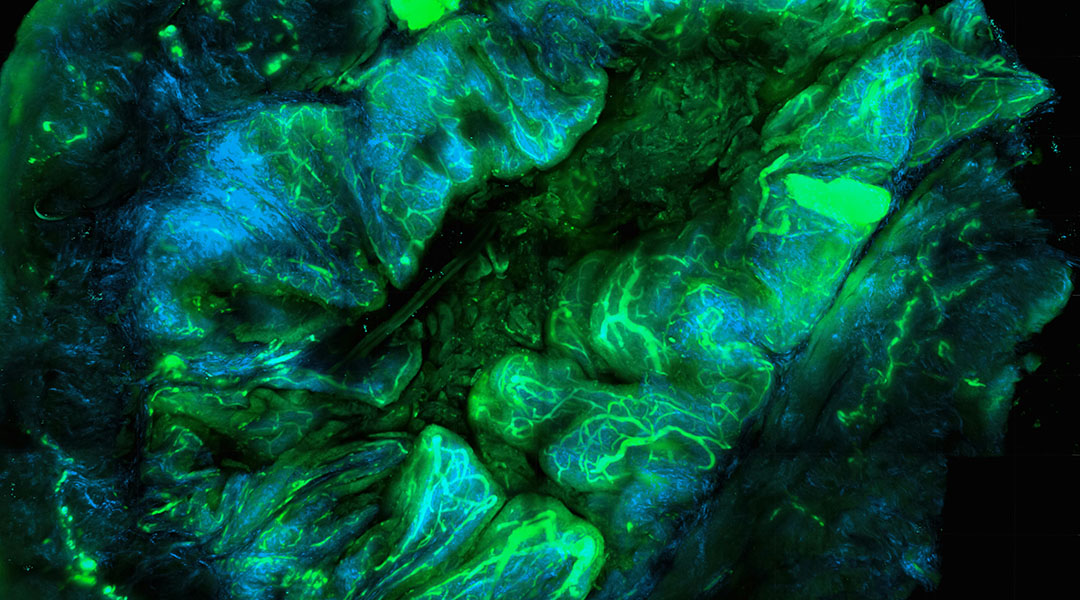

Scientists integrate light therapy and antibiotics into a single platform to help the body create its own tumor vaccine.
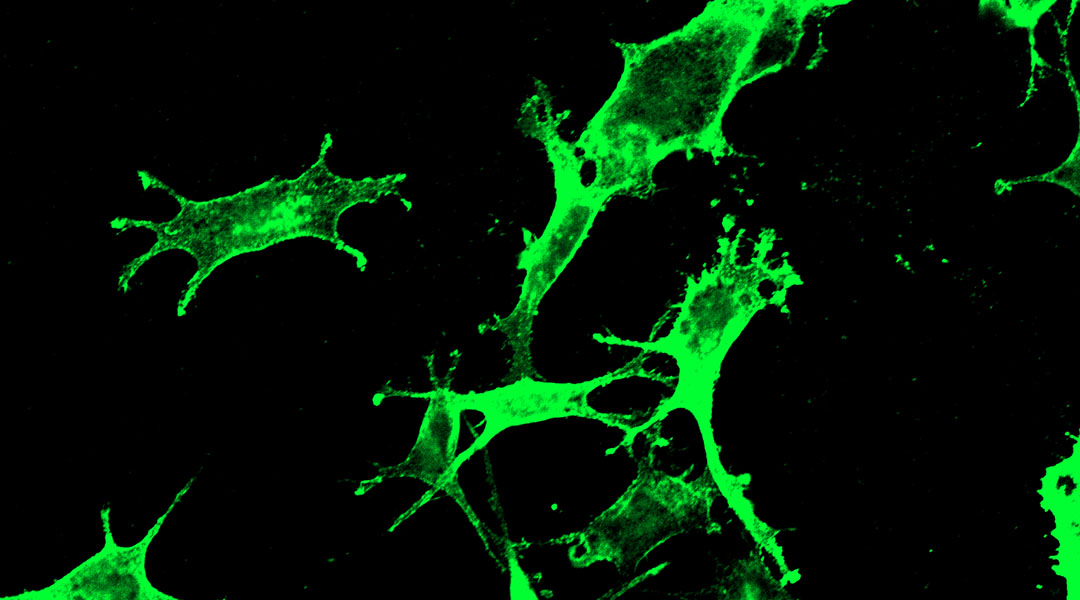
SARS-CoV-2 marker used to trigger the immune system against cancer, showing promise in shrinking tumors and improving survival in mice.
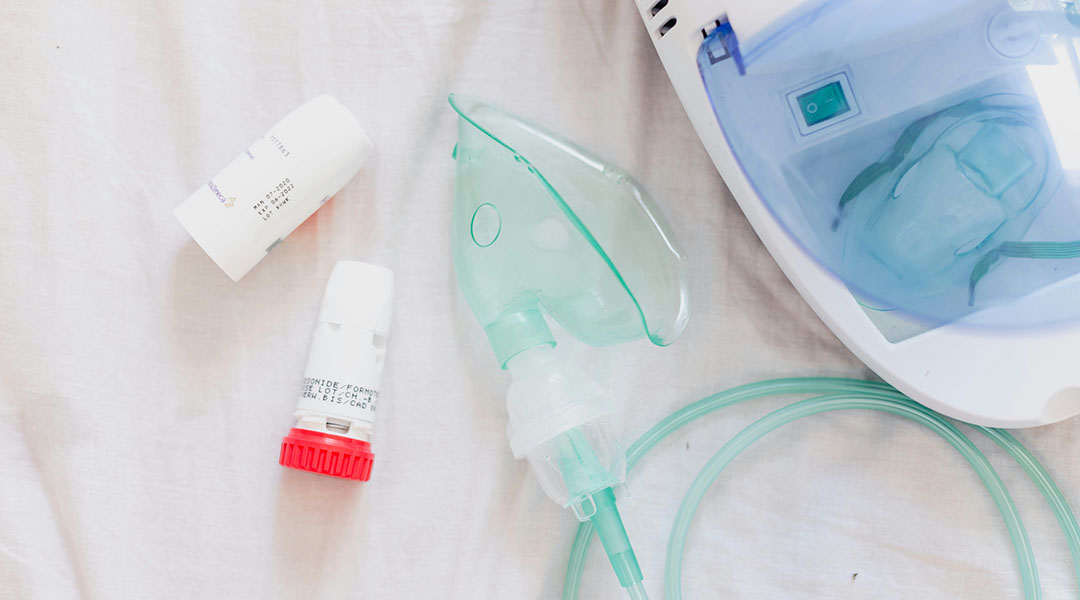
Based on the same mRNA vaccine against COVID-19, a new prototype has shown potential to treat asthma, a condition with no known cure.
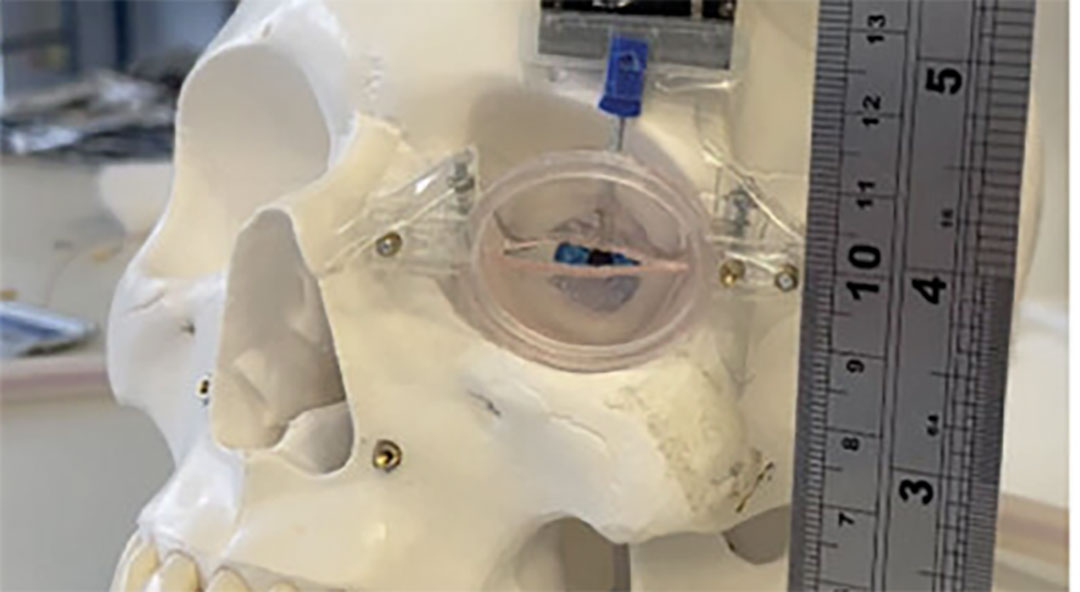
A soft implant could avoid multiple surgeries and long waiting times while improving the living conditions of facial paralysis sufferers.

Study finds that speaking multiple languages may improve executive functioning and reduce autism symptoms in children.

Maternal exercise during pregnancy enables multiple generations of mice to inherit enhanced fitness, with vitamin C playing a key role.

New study reveals how repeated cold-water exposure enhances the cellular defenses, promoting adaptation to extreme temperatures.

A new 3D cell culture allows researchers to study how mechanical pressure influences stem cells for regenerative medicine and cell therapy.

Inhaled xenon gas reduced neuroinflammation, brain atrophy, and boosted protective neurons in mouse models of Alzheimer’s.
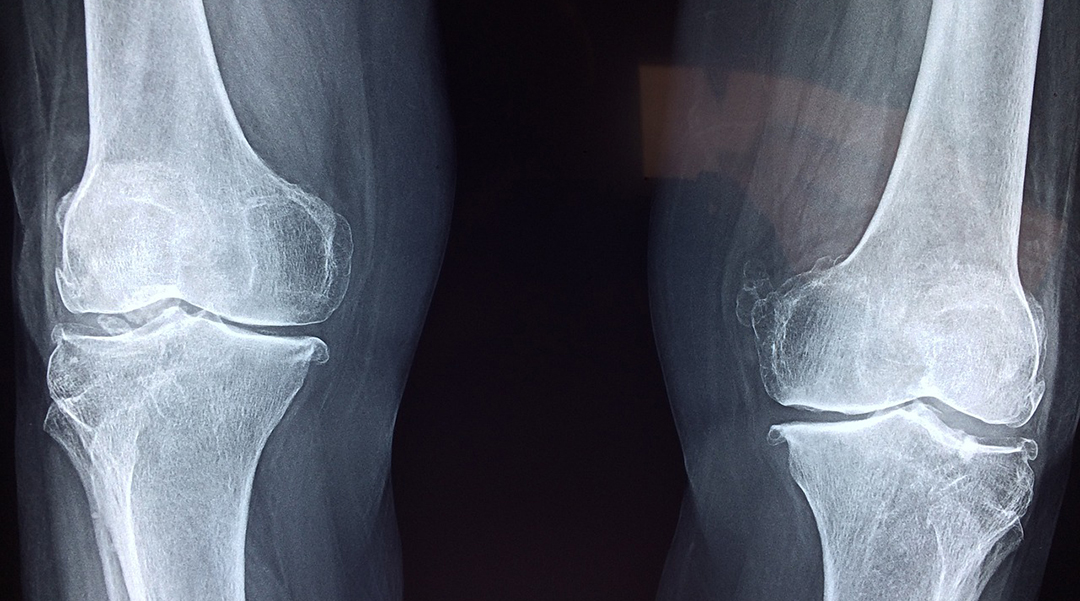
Bone implants integrate better with the body when they mimic the natural handiness of molecules that make up our bones.